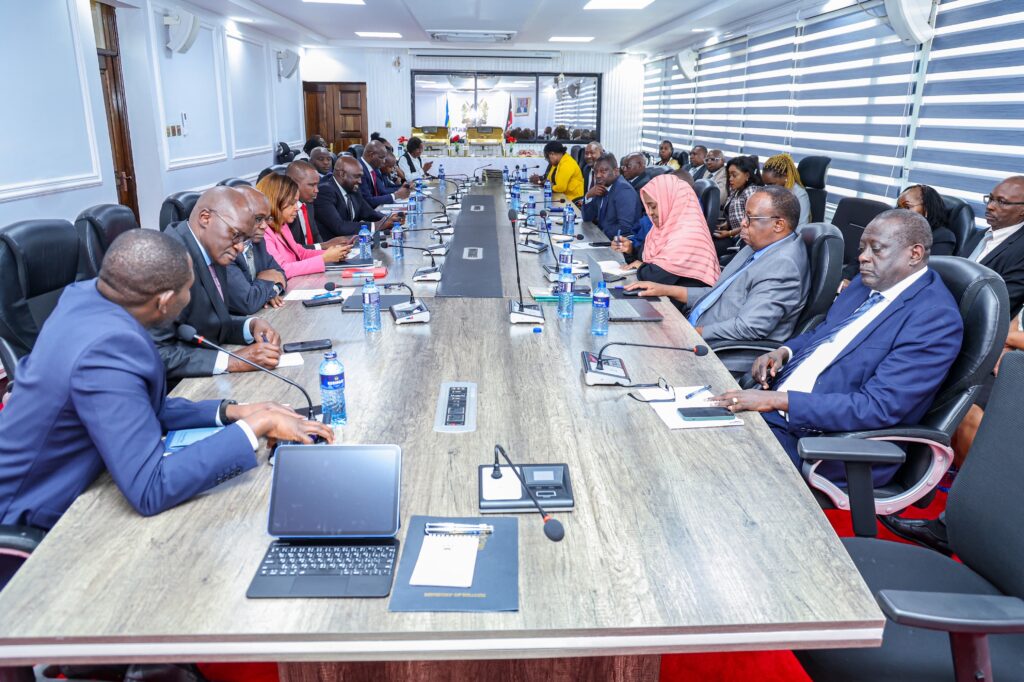Kenya’s health sector has taken a major step forward with the signing of a strategic cooperation agreement on Health Products and Technologies Commodity Security. The agreement brings together the Ministry of Health, the Digital Health Agency, the Social Health Authority, the Kenya Medical Supplies Authority (KEMSA), and the country’s national referral hospitals. This landmark partnership is designed to strengthen healthcare delivery systems and fast-track progress toward Universal Health Coverage (UHC).
The agreement places strong emphasis on ensuring consistent availability of essential medicines and health products. It also highlights the importance of compliance with national quality standards, reducing turnaround times, and meeting the demands of health facilities across the country. By enhancing supply chain efficiency, Kenya aims to position itself as a regional leader in reliable and effective healthcare delivery.
A key pillar of the agreement is the adoption of digital transformation strategies. The Ministry is championing an end-to-end automated supply chain anchored in track-and-trace systems. These digital tools will improve transparency, strengthen accountability, and boost operational efficiency. With real-time data visibility, facilities will benefit from better stock management and streamlined logistics, reducing the risk of stock-outs that compromise patient care.
The cooperation also supports the wider goals of UHC by integrating health financing, human resources for health, commodity security, and an advanced Health Information Management System (HMIS). Together, these elements form the foundation for a more sustainable and responsive health system.
The government has committed significant financial backing to support these reforms. Ongoing recapitalization of KSh 1.5 billion and the establishment of a KSh 10 billion credit line are expected to enhance KEMSA’s capacity for efficient procurement. These measures aim to ensure a fill rate of at least 70% for essential health products and technologies, reinforcing patient confidence in public health services.
The reforms are also part of a broader agenda to strengthen grassroots healthcare. By focusing on transparency, accountability, and efficiency, the Ministry of Health seeks to guarantee affordable, reliable, and timely delivery of medical commodities nationwide. Stakeholders reaffirmed that patients should never again experience shortages of essential medicines and supplies.
This agreement signals a decisive shift toward a stronger, technology-driven health system that empowers facilities, improves patient outcomes, and accelerates Kenya’s journey toward achieving universal health coverage

